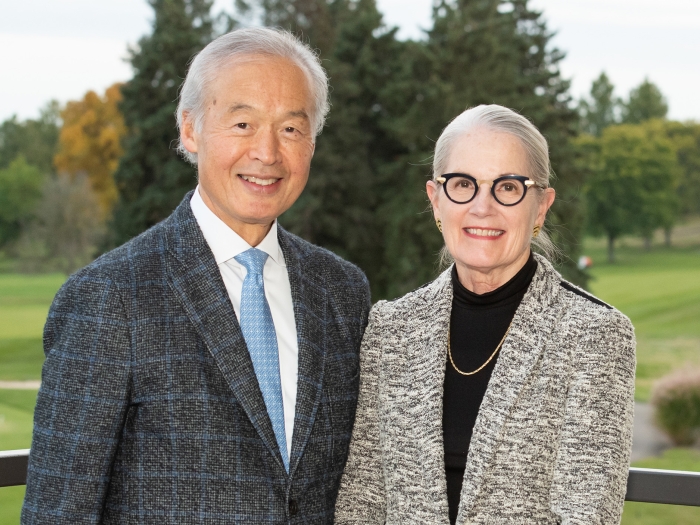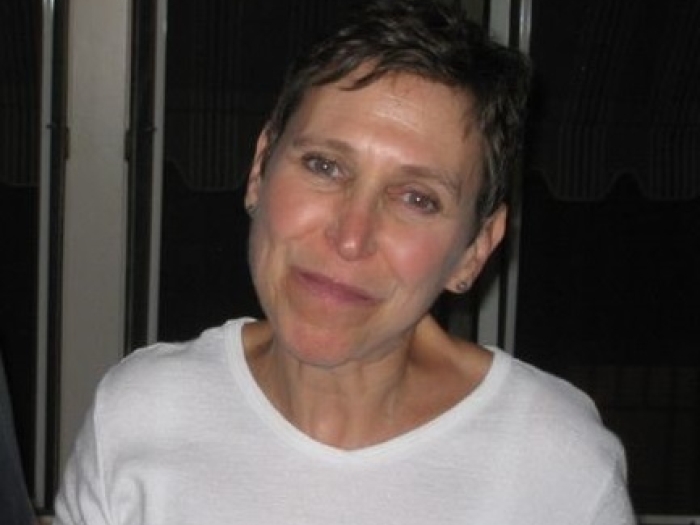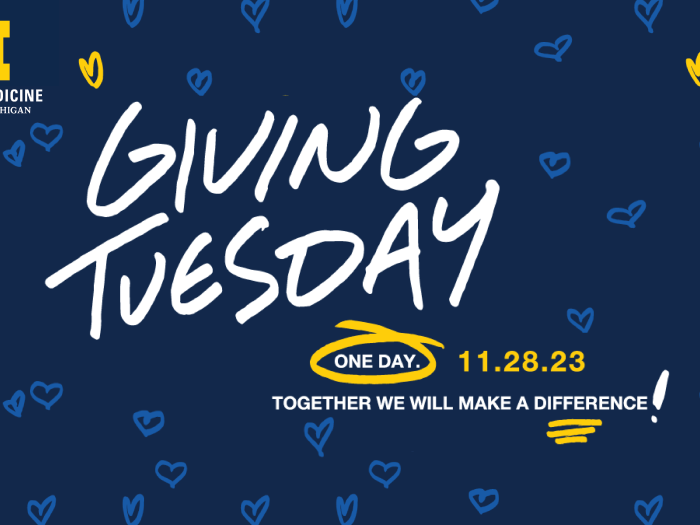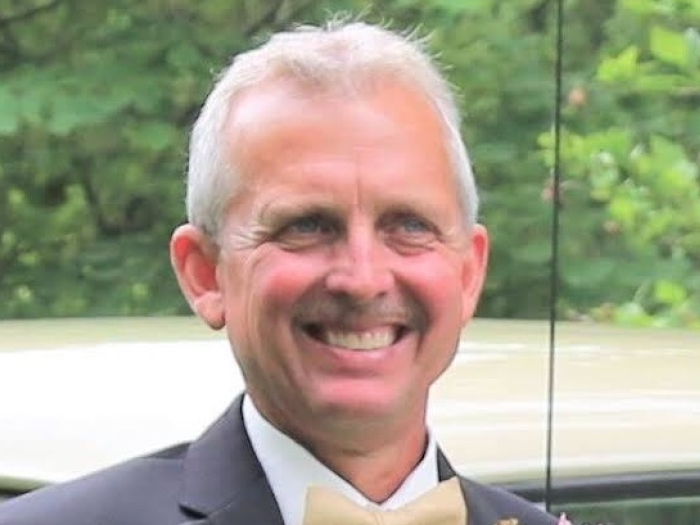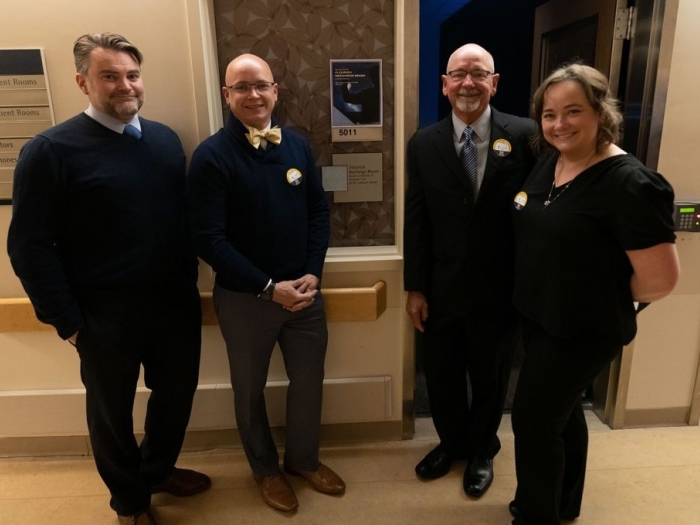A $10 million gift will rename the critical care institute after the field’s pioneer, Max Harry Weil, M.D.
Authors |
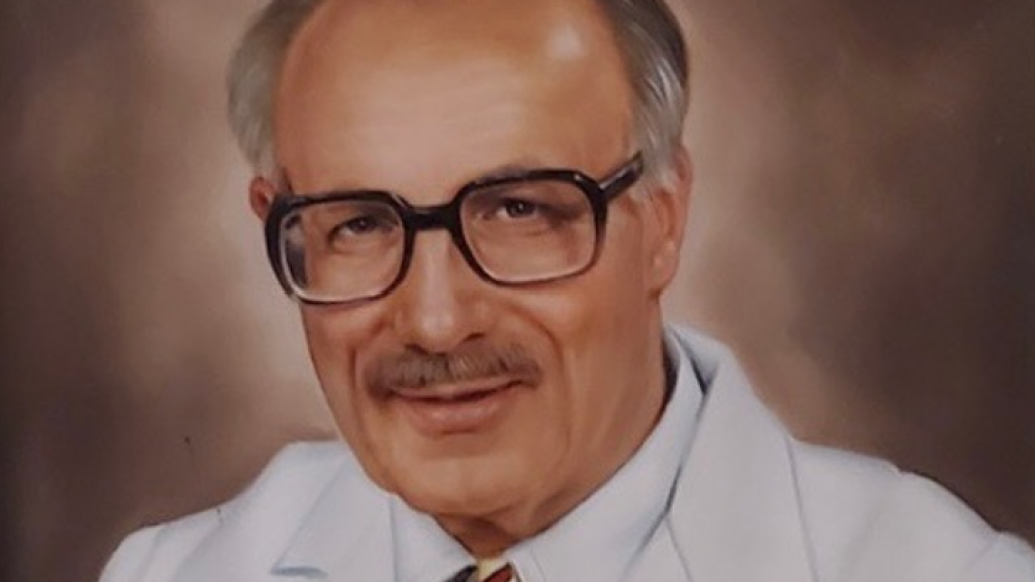
A visionary, inventor, and teacher, Max Harry Weil, M.D., was a key founder of the field of critical care medicine. Weil's lifelong dedication to saving the most acutely ill and injured patients produced the infrastructure and resources to establish a new specialty that would save countless lives and forever change the way care is delivered. From his founding of the Institute of Critical Care Medicine at the University of Southern California in 1961 to the many discoveries and technologies he developed, Weil's contributions dramatically improved the landscape of care for those suffering from critical illness and injury, such as cardiac arrest, hemorrhage, sepsis, and others.
"There were many things that my father enjoyed in life, but he was really motivated by the idea of saving people's lives, which he carried out to the last of his days," says Susan Weil, Max Harry Weil's daughter and board member of the Weil Family Foundation. "We were left with a foundation and money from his pursuits of this love he had for medicine and helping people."
To celebrate of their father's legacy and continue to advance research and innovation in critical care, The Weil Family Foundation donated $10 million to Michigan Medicine to rename its critical care research institute after Weil. The center will be known as the Max Harry Weil Institute for Critical Care Research and Innovation at the University of Michigan. Formerly the Michigan Center for Integrative Research in Critical Care, the institute was founded in 2013 as a central hub for research and technology development across basic, clinical, information, and engineering sciences.
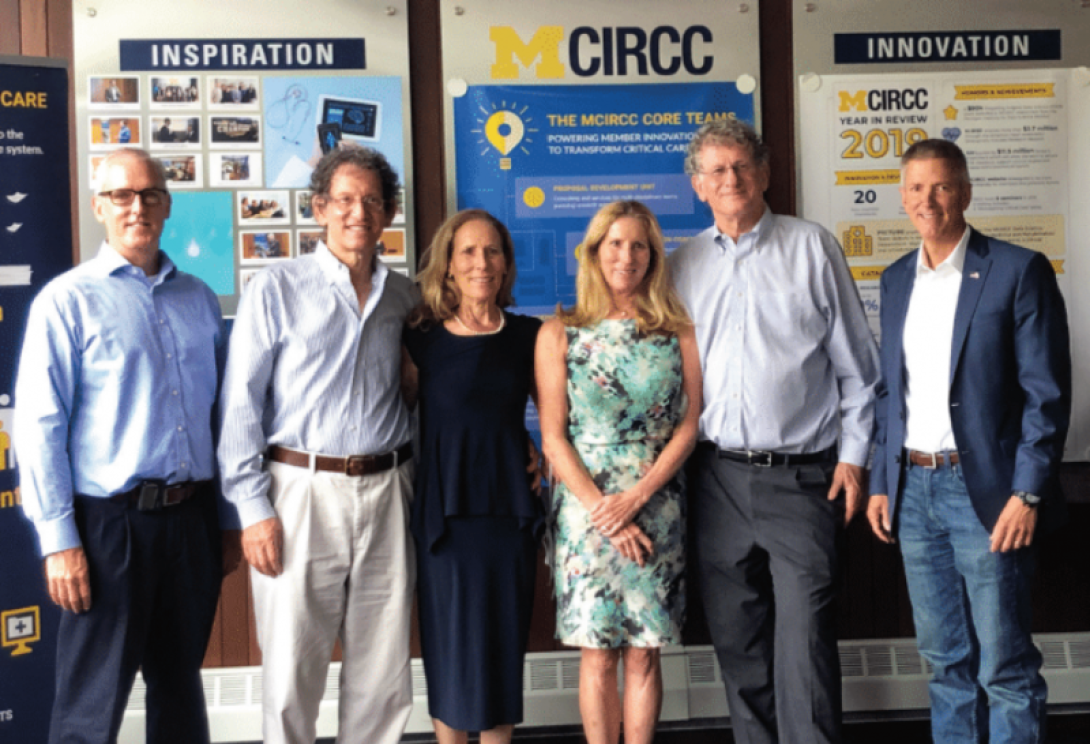
"There is nothing more fitting than bringing this back to his alma mater and a center that combines basic research and innovative ideas," says Susan. "Michigan has proven to us they can have an impact on science and products that will save lives right away, especially during this pandemic."
A father of the field
After receiving a bachelor's degree from U-M, a medical degree from the University of New York Downstate Medical Center in Brooklyn, and a doctorate in physiology from the Mayo Clinic, Weil joined the faculty at USC in 1958. He spent the next two decades building the framework for the future of critical care, mentoring a new generation of emergency medicine physicians, and designing technologies and methods to advance patient care. From the beeping machines that monitor heart rates, the crash cart full of emergency room supplies, and one of the nation's first intensive care units, Weil's more than 20 patented inventions are highly regarded in the medical community as essential tools in the field of critical care.
Weil also was a leader in gaining national recognition for the profession of critical care medicine. He served as a founder of the Society of Critical Care Medicine and its first president in the early 1970s and was a Master Fellow of the College of Chest Physicians, a Master of the American College of Physicians, and a Fellow of the American College of Cardiology and the American Heart Association. He wrote or co-wrote more than 1,300 articles, chapters, and books, and received numerous awards, including the World Federation of Societies of Intensive and Critical Care Medicine's first-ever lifetime achievement award and the American Heart Association's lifetime achievement award.
Advancing the future
Like their namesake, the team at the Weil Institute at U-M is dedicated to taking discoveries made in the laboratory and clinic and developing new technologies and novel therapies for the most critically ill and injured patients. Through a formula of innovation, integration, and entrepreneurship that was first imagined by Weil, the multi-disciplinary team of health providers, basic scientists, engineers, data scientists, commercialization coaches, donors, and industry partners are re-imagining every aspect of critical care medicine.
"The generous gift from the Weil Family Foundation will allow faculty and staff at the Weil Institute to expand upon the development, funding, and facilitation of the most groundbreaking research ever seen across the spectrum of critical illness and injury," says Kevin Ward, M.D., executive director of the Weil Institute and professor of emergency medicine and of biomedical engineering. "In addition to supporting all of our endeavors, this gift will allow us to educate the next generation of clinicians and scientists in critical care science, as we get projects over the finish line to the patient bedside."
"We are so grateful for the Weil family's generosity and their commitment to supporting the advanced research and lifesaving technologies developed by our multidisciplinary team of critical care providers, basic scientists, engineers, and others," says Marschall Runge, M.D., Ph.D., executive vice president for medical affairs at U-M, dean of the Medical School, and CEO of Michigan Medicine. "Improving how providers care for critically ill patients, especially at this time, is vitally important, and this gift will allow the University of Michigan to remain a leader in the field that Dr. Weil helped to pioneer."
